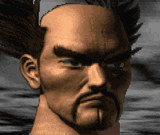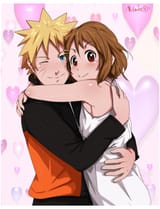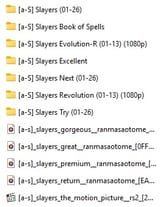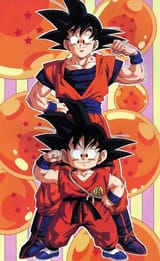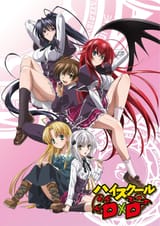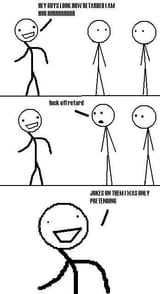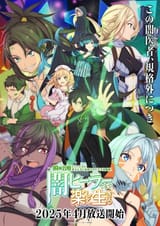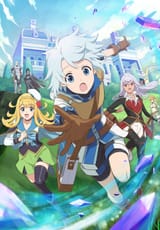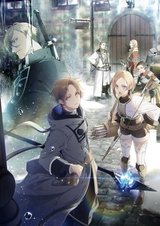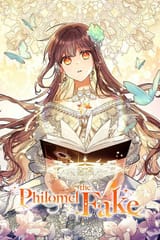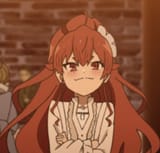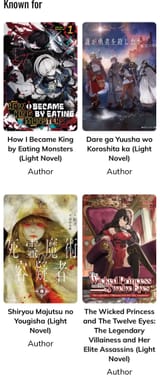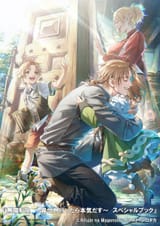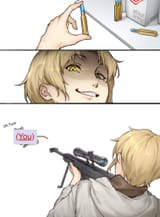>>279886036
Sure I had ChatGPT make a summary because I’m too lazy to write paragraphs:
1. Senki / Naisei Isekai (War and Domestic Affairs Isekai)
Core Themes: Politics, kingdom building, military strategy, governance, infrastructure
Typical Protagonist: Overpowered tactician or administrator with modern knowledge
Tone: Semi-serious to serious, often focused on long-term growth over individual fights
Subgenres:
• Naisei-heavy: Economic reform, modern technology introduction
• Senki-heavy: War campaigns, tactical battles, enemy nations
2. Revenge Wank Isekai
Core Themes: Abuse, betrayal, face-slapping, hyper-violence, edgy justice
Typical Protagonist: Betrayed or humiliated person (often falsely accused), comes back for ultra-violent or humiliating revenge
Tone: Dark, edgy, cathartic, often morally ambiguous or outright trashy (in a self-aware way)
Subgenres:
• Sexual revenge: Often contains heavy NSFW or non-consensual content
• Social revenge: Face-slapping nobles, proving superiority
• Power fantasy revenge: Beating down enemies with overwhelming power
3.3. Tensei Isekai (Reincarnation-based Isekai)
Core Themes: Rebirth with knowledge of past life, gradual power-up, cheat skills
Typical Protagonist: Dead person reincarnated into new world, often retaining memories and sometimes special powers
Tone: Varies widely — from heartwarming to grimdark
Subgenres:
a. Monster Reincarnation
Protagonist is reborn as a non-human (slime, spider, sword, etc.)
Examples:
• Tensei Shitara Slime Datta Ken (That Time I Got Reincarnated as a Slime)
• Kumo Desu ga, Nani ka? (So I’m a Spider, So What?)
• Re:Monster
• Tensei Goblin
Key Features:
• Evolution mechanics
• Ecosystem survival and monster politics
• Often RPG-style systems
b. Baby / Child Reincarnation
Reborn as a baby or child and grow up with knowledge of prior life
Key Features:
• Early mastery of skills
• Child prodigy narrative
Deep character introspection possible

